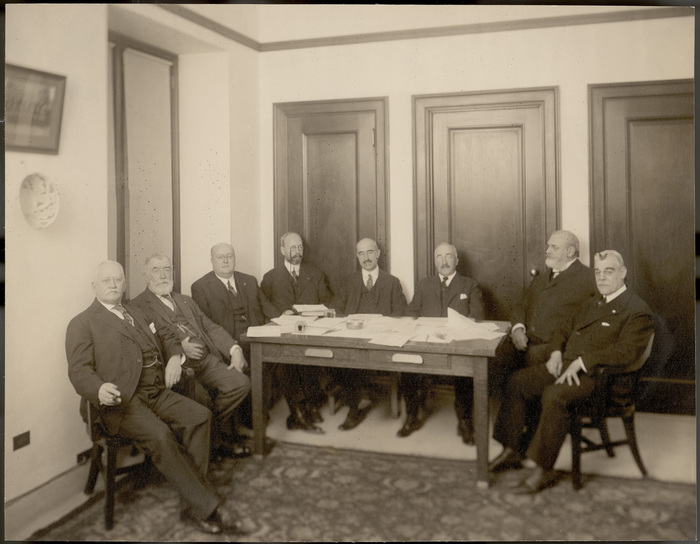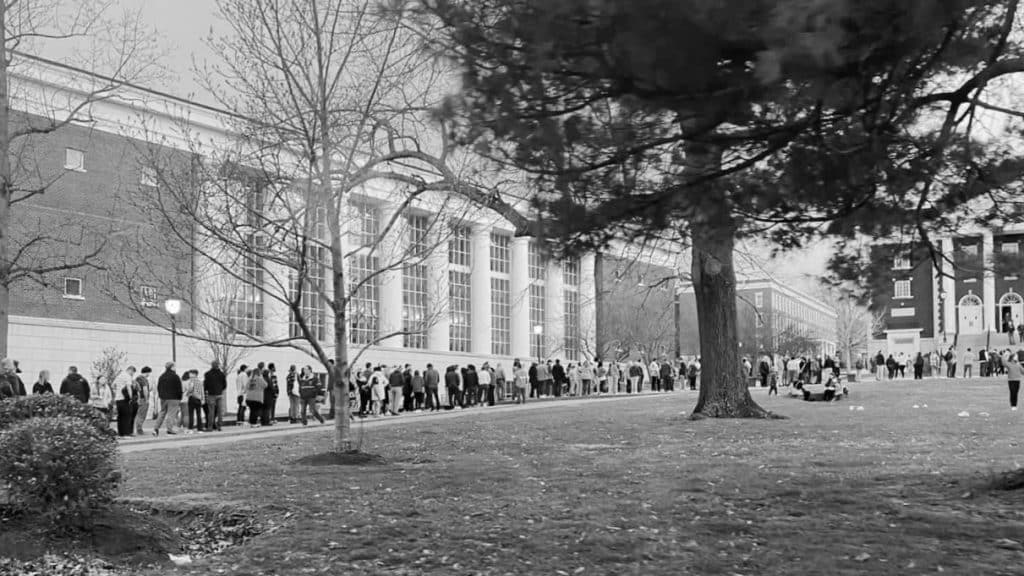To many Asbury University students, the “Board of Trustees” often sounds like a mysterious group that makes decisions about the school in secret meetings behind closed doors.
This fuels the notion that the school is essentially run by a board that is incapable of truly understanding and knowing what it means to be a college student at Asbury in 2020.
This disconnect in understanding between the decision-makers of the school and students can be very problematic, because a university’s decisions must be made based on the needs of the students. If the board doesn’t properly reflect the students it’s supposed to be representing, why should students trust their decisions? Nevertheless, the board makes decisions based on what they believe is best for students, so if there is something that you find concerning, making sure your voice is heard by the board is an important step to seeking change.
However, in order to truly judge its effectiveness, one must truly understand how the Board of Trustees operates along with its role and responsibilities.
First, the board is not, as some have suggested, a conglomerate of old white men. Instead, according to Prof. Margaret Park Smith, the Ex Officio Vice Chair of faculty, not only are both genders represented in the board but also a variety of ethnicities as well. Within the board, there is an assortment of ages and occupations to further the diversity of thought; this is something that they are continually hoping to develop.
Ultimately, the intended purpose of the Board of Trustees is to oversee and guide the university in academics, finances and personnel resources.
We are “stewarding the way we live out our mission,” said Dr. Cheryll Johnson, who currently serves as the faculty representative on the board.
The board accomplishes this by providing a more general role in shaping policy and giving advice, while day-to-day operations are delegated to the president and the president’s cabinet.
Having a better understanding of what the Board of Trustees does and how it operates allows students to better hold the school accountable to its mission. Thus, if we begin to notice a lack of progress occurring on our campus, we can utilize the board’s desire to know student stories as a way to make our campus better.
“We genuinely want to hear the student body president and faculty representative sharing during meetings,” said Johnson. “[The Board of Trustees] wants to have an idea of the current situation even if it is difficult. They love the place and the people.”
So if you truly have concerns about student life and want to see some sort of change on campus, a necessary first step includes talking to the people who are easily accessible to us as students. This includes people in the executive cabinet such as senior Maggie Richwine, student body president, who encourages students to approach her and go to her office hours to discuss any viable concerns about student life and what it means to be a student here.
It is through these student leaders that we have access to these types of meetings, as the student body president has the opportunity to speak about concerns of the university on behalf of students. If you continue to have concerns about the student experience at Asbury, find ways to communicate those experiences to student leaders who faithfully represent you.
With a clearer picture of the Board of Trustees, one can recognize that it is not just a mysterious group out of touch with campus, but real people who genuinely care about Asbury and have a desire to make it a place that best benefits students.









